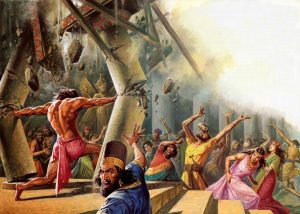
Stewarding our relationships
1 John 4:7-21
Each of us is placed in a specific home environment, workplace or community exactly where God wants us to be. If we believe that God is in control of all things, then there is no one in your life who is there by chance. Everyone in your life is there because God knew you needed to be in a relationship with them. Sometimes those relationships are not easy, sometimes they lead to angry words and frustration, but when you look back on your life, you will see that they are there for a reason. I want to challenge you to think about why God has placed the people in your life that He has.
In the book of 1 John, the Apostle John focuses on our relationship with God and our relationships with each other. In 1 John 4:7-21, we see the word “love” repeated 27 times. John starts this section in verse 7 by writing; “Dear friends, let us love one another, for love comes from God. The Greek language is much more descriptive than our English language and Greek has a number of different words for Love. The Greek word that John uses here for love is Agape. The type of love that characterizes God is not a sappy, sentimental feeling that we think of with our limited vocabulary.
God loves because that is His nature and the expression of His being. Agape love does not come naturally to us, because of our fallen nature, we are incapable of producing such a love. If we are to love as God loves, that agape love can only come from God. This is the love that we receive by the Holy Spirit as we read in Romans 5:5; “…because God’s love has been poured out into our hearts through the Holy Spirit, who has been given to us.”
Agape love as modeled by Jesus, is not based on a feeling. Rather, it is a determined act of the will, a joyful resolve to put the welfare of others above our own. Jesus went to Jerusalem that final time, determined to go to the cross, he knew what lay ahead and he followed through on the will of his father, because of his love for us. In in this short passage in 1 John 4, we see the Gospel message referred to three times (see verses 9,10 and 14).
This Gospel message is a message of agape love, a love that is always shown by what it does.
So why is this so important? We get a hint in verse 12 and 17; Christians are to be the demonstration of the Love of Christ to the world around us. The JB Phillips New Testament paraphrase explains verse 17 this way; “for we realise that our life in this world is actually his life lived in us.” We are Christs ambassadors in this world, we are to love with an unconditional determined love. That is what it means to be a Christian.
Our love for our fellow man flows out of our love for God. A vertical relationship enables us to love those around us. If we are struggling to love those around us, it is probably because we are struggling in our personal walk with the Lord.
What relationships has God placed around you? Each of us have spheres of influence, people that are impacted by our lives.
Our families are the first and most important relationships that we are to steward. God has placed you in your family. If you know Jesus Christ as your personal Lord and Savior you are called to love your family unconditionally in order that those who are not saved might see Jesus through you.
Another sphere is our Church family, our fellowship with other believers. Sometimes in our church family we find it hard to love each other because we have differing opinions and passions. But the truth is that God has called you and placed you in the church you are in for His glory.
In his book, The Pursuit of God, A. W. Tozer gives this interesting illustration: “Has it ever occurred to you that one hundred pianos all tuned to the same fork are automatically tuned to each other? They are of one accord by being tuned, not to each other, but to another standard to which each one must individually bow. So one hundred worshipers [meeting] together, each one looking away to Christ, are in heart nearer to each other than they could possibly be, were they to become ‘unity’ conscious and turn their eyes away from God to strive for closer fellowship.”
True unity comes from being in tune with God through Jesus Christ. At the root of disunity is one or more have taken their tune from another master. Whether that is their own preferences, desires, traditions or opinions. For any church to experience unity, we need to all be focusing on Jesus Christ and him alone. As we do we will find that our disagreements will melt away as we begin to experience God’s love for each other. If two Christians do not love each other, they have taken their eyes off the cross of Jesus Christ.
Paul writing in Romans 12, speaks about love in action and sets the bar high for us in verse 10: “Be devoted to one another in love. Honor one another above yourselves.” How many of our family arguments would simply cease to exist if we would take that verse seriously – how many of our church disagreements would dissolve if we honored one another above ourselves.
Then we have our other spheres of influence, our workplaces, community and places of recreation. The people that you encounter on a weekly basis in your favorite restaurant or at the bank or the convenience store. These are all relationships that we are called to steward. Do we see people as a means to get what we want? Or do we see them as people that Jesus died for?
God has entrusted the people in your circles to your care. He has placed you in their lives to love them, to care for them and to show them the love of the Father.
Our families and communities would be transformed if we took what the apostle Paul wrote to heart in Romans 12:10, do we honor our loved ones?

 There are 2350 verses on finances in the Bible, and 15% of all the recorded words of Jesus were on money. Finances are obviously an important topic in the Word of God, and stewarding our finances well is vital to our Christian walk.
There are 2350 verses on finances in the Bible, and 15% of all the recorded words of Jesus were on money. Finances are obviously an important topic in the Word of God, and stewarding our finances well is vital to our Christian walk.
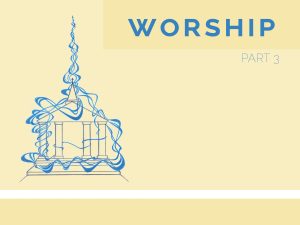 Psalm 8
Psalm 8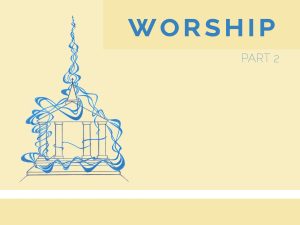
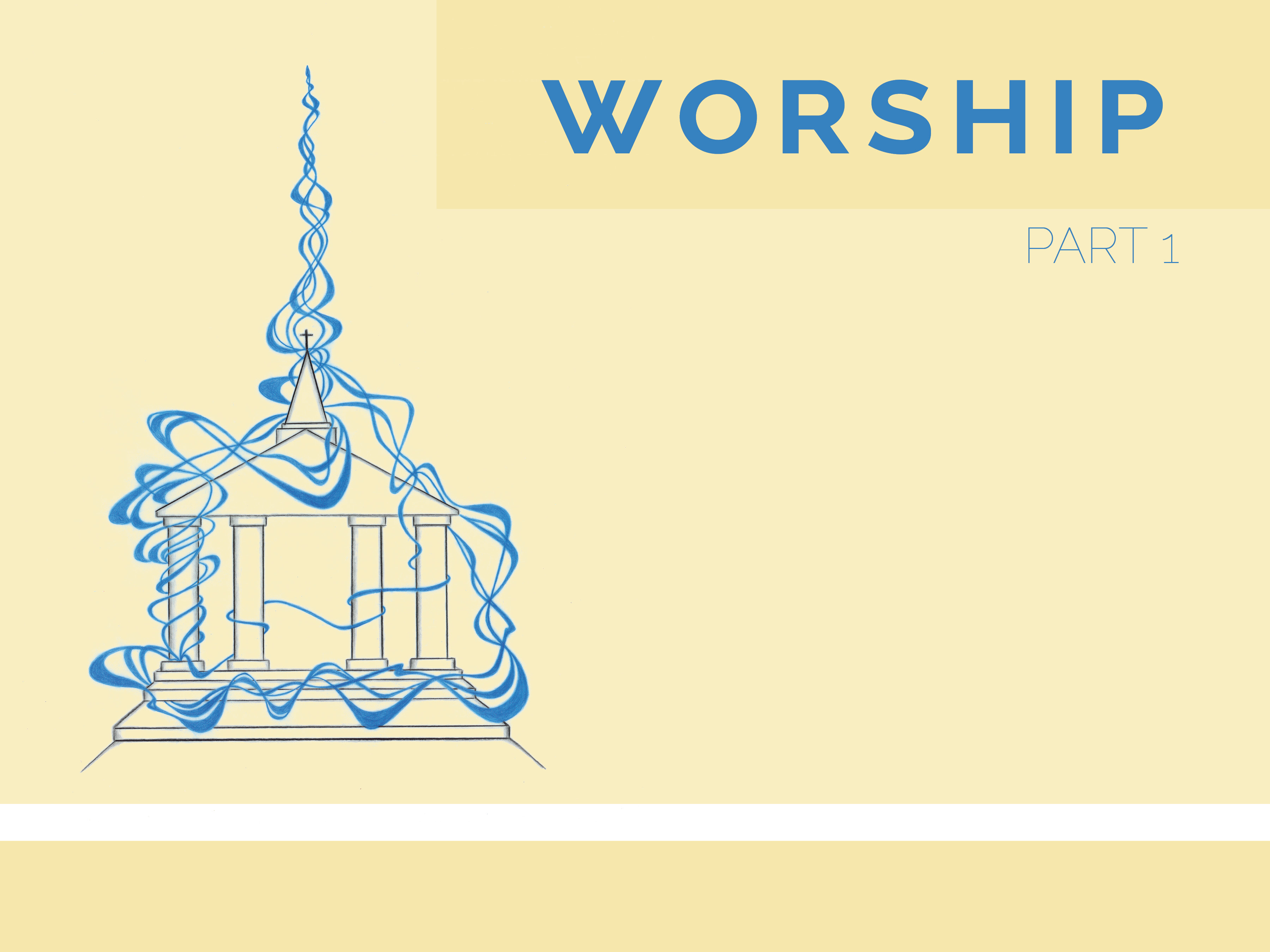


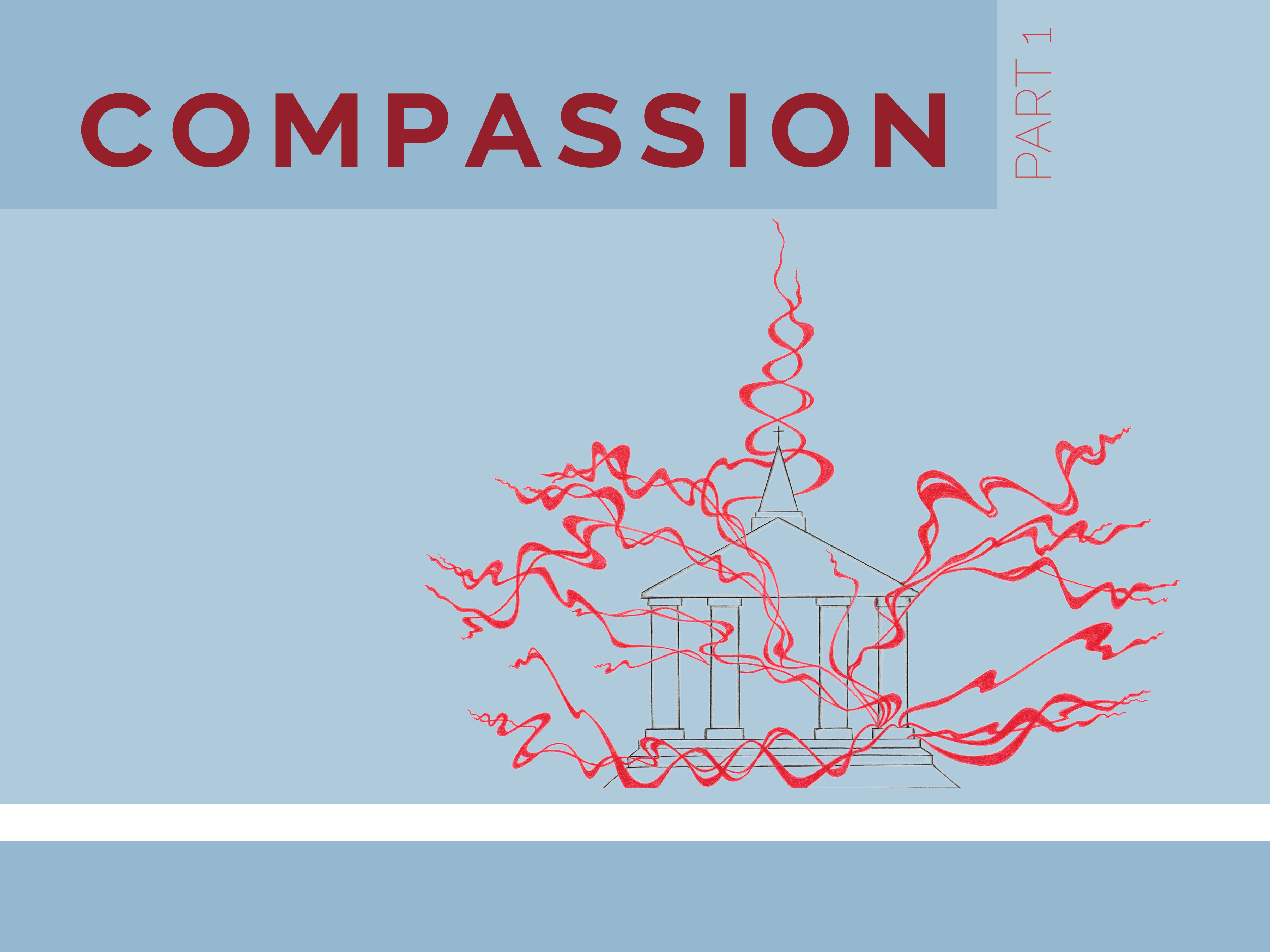
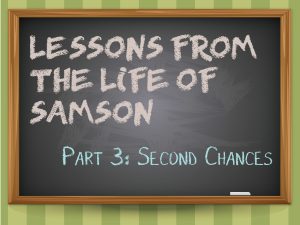 Judges 16
Judges 16